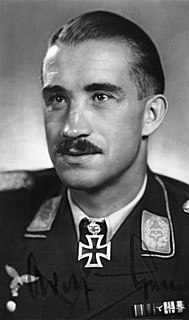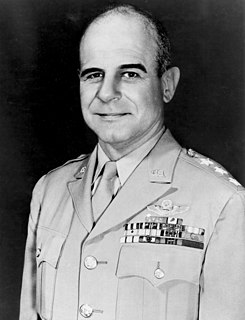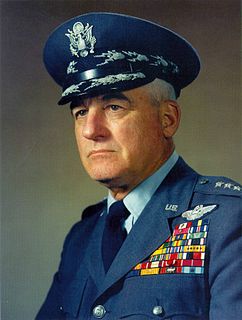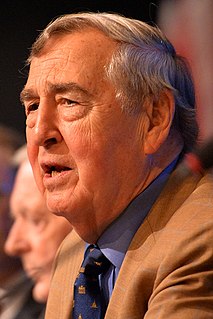A Quote by Adolf Galland
The colossus of World War II seemed to be like a pyramid turned upside down, and for the moment the whole burden of the war rested on the few hundred German fighter pilots on the Channel coast.
Related Quotes
Adolf Galland said that the day we took our fighters off the bombers and put them against the German fighters, that is, went from defensive to offsensive, Germany lost the air war. I made that decision and it was my most important decision during World War II. As you can imagine, the bomber crews were upset. The fighter pilots were ecstatic.
It's important to remember that World War II was experienced very much as a continuity in that sense. Most of World War II in most of Europe wasn't a war; it was an occupation. The war was at the beginning and the end, except in Germany and the Soviet Union, and even there really only at the end. So the rest of time it's an occupation, which in some ways was experienced as an extension of the interwar period. World War II was simply an extreme form, in a whole new key, of the disruption of normal life that began in 1914.
World War II made war reputable because it was a just war. I wouldn't have missed it for anything. You know how many other just wars there have been? Not many. And the guys I served with became my brothers. If it weren't for World War II, I'd now be the garden editor of The Indianapolis Star. I wouldn't have moved away.
I don't think my generation carries the weight of World War II anymore. But I've got to tell you, even if we don't really talk about it, we get reminded constantly by other people or other countries. I get offered a World War II movie at least once a week just because I speak German and was born there. I have always stayed away from it because I didn't want to be put into that box.
However, there is a fundamental difference between the issue related to Japan's history and our negotiations with China. What is it all about? The Japanese issue resulted from World War II and is stipulated in the international instruments on the outcomes of World War II, while our discussions on border issues with our Chinese counterparts have nothing to do with World War II or any other military conflicts. This is the first, or rather, I should say, the second point.
Growing up during World War II certainly affected my whole view of life, but I hardly know how, it goes so deep. What's hard to explain now is that, though we were never invaded, and bombed only once and ineffectively on the coast of Oregon, everybody in the country was in that war. Everything we did was influenced by it - eating, traveling, dressing, thinking - everything in daily life.
There is a myth that the New Deal programs on their own pulled the US out of the Great Depression and created the conditions for the economic boom after World War II. As an economist, I can tell you, that is not true. In reality, it was mainly World War II that launched the boom - the massive war mobilization, the horrifying destruction and death caused by it, and then the reconstruction in its aftermath. he US was the only advanced capitalist country that was not bombed during the war.





































